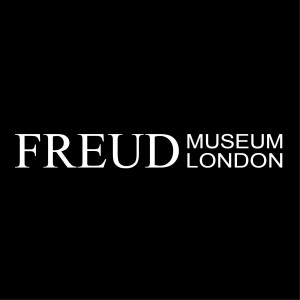
Patrick Carnegy in conversation with Robert Lloyd
Since he first visited Bayreuth in 1967 as music critic for The Times, Patrick Carnegy's principal research interest has been the stage history of Wagner's works. He was the first person to be appointed Dramaturg (literary and production adviser) at the Royal Opera House, Covent Garden. His interests also include Shakespeare and he was Stratford-upon-Avon theatre critic for The Spectator from 1998 - 2013. Dr Carnegy's books include Faust as Musician (1973), a study of Thomas Mann's Doktor Faustus, and Wagner and the Art of the Theatre (2006) which won a Royal Philharmonic Society Music Award, and in the USA a George Freedley Memorial Award for its 'outstanding contribution to the history of the theatre'. His current work is on Wagner's indebtedness to Shakespeare, on which subject he is lecturing at home and abroad as a contribution to the 400th anniversary of the playwright's death.
In our conference 'Wagner, Freud and the End of Myth' (2013) we argued that by taking the mythic dimension and bringing it into the human realm, Wagner anticipated Freud in his depiction of unconscious processes of the mind. It could be said that Freud and Wagner were dealing with the same stuff - the “fundamental psychosexual issues that affect us all” as Barry Millington put it, and for that reason a fruitful dialogue can exist between their two bodies of work.
The present conference is entirely devoted to Wagner’s final masterpiece, Parsifal, and explores whether this sublime, troubling and contentious work prefigures psychoanalytic insight or resists psychoanalytic interpretation. As a story of compassion and redemption, which nevertheless describes a world of perversion and mental anguish, what can Parsifal tell us about the secret springs of human desire and the conflicts of human nature? And how did Wagner manage to create it?
More Episodes
Create your
podcast in
minutes
- Full-featured podcast site
- Unlimited storage and bandwidth
- Comprehensive podcast stats
- Distribute to Apple Podcasts, Spotify, and more
- Make money with your podcast
It is Free
- Privacy Policy
- Cookie Policy
- Terms of Use
- Consent Preferences
- Copyright © 2015-2024 Podbean.com




